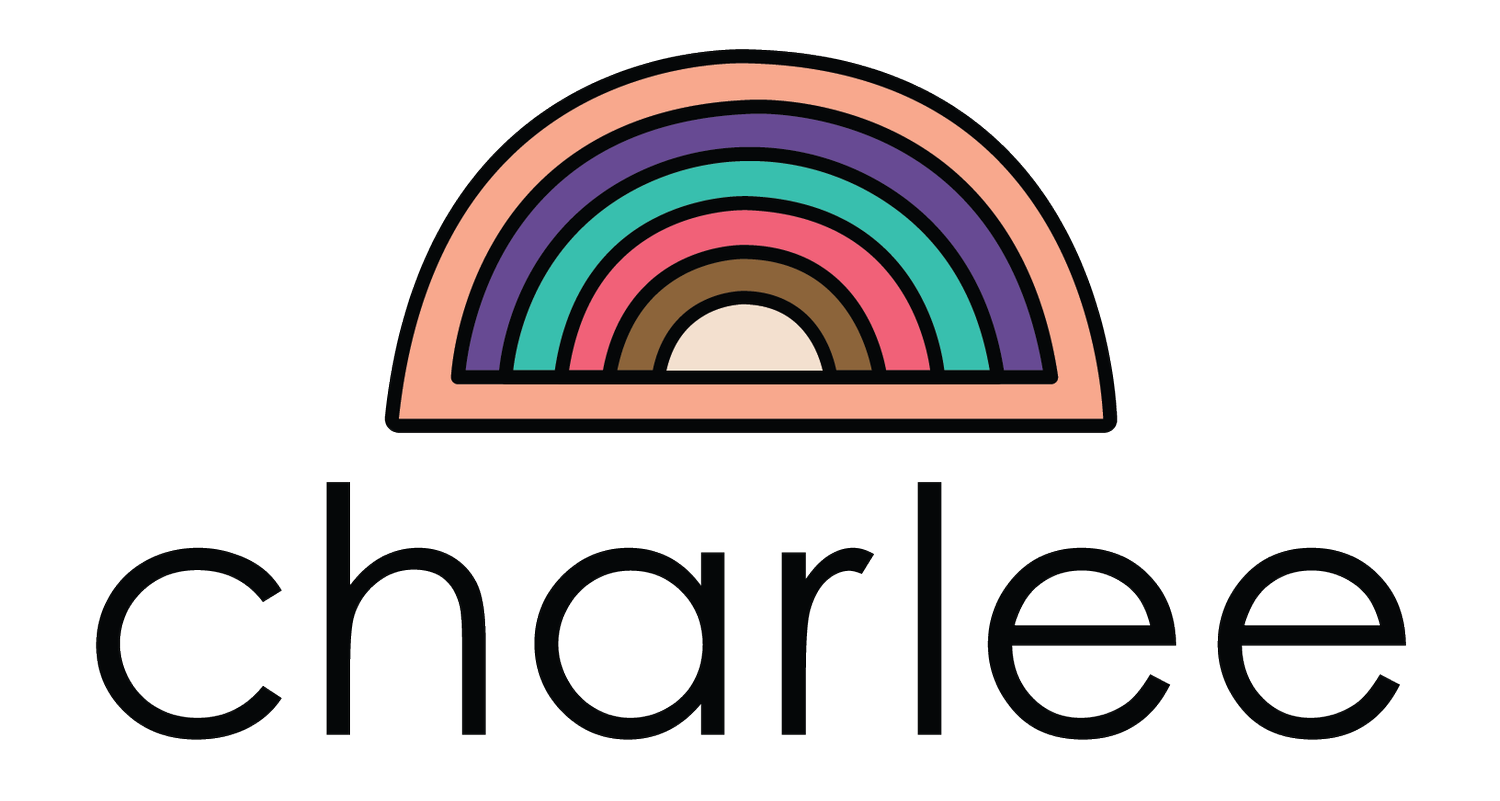
Keeping safe during
distress
Ideas for distraction, self-soothing, and keeping yourself safer in distressing moments.
Thoughts of suicide
Most people who have thoughts of suicide live with these thoughts, they may happen infrequently, come up often, or be something people experience daily. If this feels like something you’re experiencing, what do you do to keep yourself safer? Are there things that distract and/or soothe you at times when you’re having thoughts of suicide?
Make a list of the friends and family who you love and who affirm you
Try to move through/release the thoughts by moving your body in whatever way works for you (e.g. running, stretching, deep breathing)
Engage with one of your pre-saved online guided videos (e.g. meditation)
Read your personalised letter to yourself
Use colouring in books or sensory calming objects
Distract by doing something with your hands/get them dirty – this could look like baking, gardening (or even just getting your hands into the earth), knitting, playing with clay, painting your nails etc.
“I’m not having thoughts of suicide, but I’m worried about the next time I might.”
There are steps we can take when we’re feeling ok to activate a support plan to keep our future selves safer in moments of distress.
Make sure your mental health care plan up-to-date and you’re linked in with an appropriate service to give you some longer-term support. You can contact Rainbow Door to find an appropriate referral for LGBTIQA+ mental health support.
Make sure you have your suicide safety plan card complete
Choose someone you trust to be your support person to help you access your preferred service if you’re in future danger
Establish a routine/practice that helps to ease stress. This might look like a mental or physical activity each day e.g. meditation, yoga (or chair yoga), running, colouring/crafting. Find online videos for short mediations, and other practices that you can access easily when you need them.
Where possible, try to limit your alcohol and/or drug use
Find sensory toys/objects that help to calm you
Consider writing a letter to your distressed self that can help you when you’re struggling. Here’s some ideas of what you could include in your letter:
Experiences that have helped to affirm who you are
Reasons why you’re proud of your identity
People who make you feel accepted and loved
Movies, songs, books or activities that uplift and affirm you
Instructions for a task you want yourself to do in a distressing moment (this could be a person to call, a place to walk to, a movie to watch etc).
Reasons for why you want to stay alive
Keep a digital copy of your letter to yourself on your phone, or somewhere that you could easily access it at any time in any place.
“I’m having thoughts of suicide and need immediate help.”
If you feel like you’re in danger right now, you can act immediately to keep yourself safe:
Call 000 or go to your nearest hospital emergency department
You can also call your nearest hospital and ask to speak to the mental health team.
Destroy or move out of sight any objects or items you could use to harm yourself.
Each state has a mental health crisis phone service that can help you immediately to work out which service can best support you:
VIC: 1300 60 60 24 Nurse on Call You can also find a service directory of mental health services here
NSW: 1800 011 511 Mental Health Line
QLD: 1300 MH CALL (1300 642255) 24-hour specialist mental healthcare
WA: 1800 676 822 Mental Health Emergency Response Line
ACT: 1800 629 354 Mental Health Triage Service
NT: 1800 682 288 Northern Territory Mental Health Line
SA: 13 14 65 Mental Health Triage Service
TAS: 1800 332 388 Mental Health Service Helpline
If you’re not comfortable reaching out to and/or trusting a service, that’s ok. As we know, LGBTIQA+ communities have faced many challenges historically with pathologisation and criminalisation. We know that many of these challenges are still felt today and can lead us to feel mistrusting of and/or misunderstood by authorities. Here are some ideas and options for peer-based and non-service-related immediate support:
Call someone you trust, if possible ask them to come and be with you in this moment.
Activate your suicide safety plan card
Go to a safe place for example a friend's house, a library, a crisis centre or your bed.
Do you have a plan? If so, hand any items that aid you in your plan over to your trusted person, so you don’t have immediate access and can keep yourself safe.
Remember the two LGBTIQA+ helplines that are here to support you:
Rainbow Door: 1800 729 367 – every day 10am-5pm
QLife: 1800 184 527 – every day, 3pm - 9pm
(Or non-peer) Lifeline: 13 11 14 – every day, 24 hours



